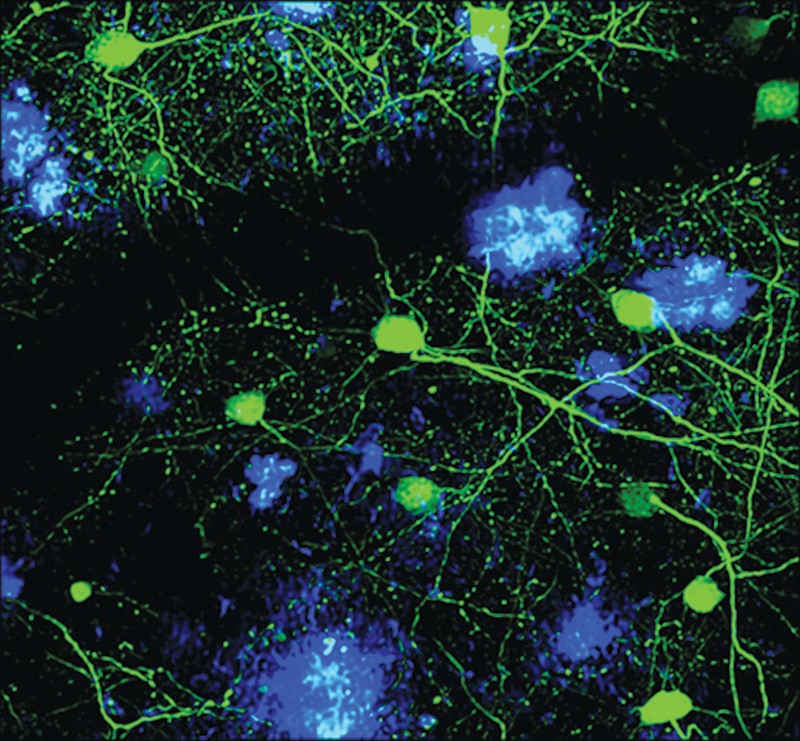University of Malta shines in Stanford Study. Seven academics from the University of Malta are ranked in the top 2% scientists in the world — quite an impressive feat for a small university!
Continue readingCyber-safety in an ever-changing landscape
The threat of infection looms large in the digital world, but a team of University of Malta (UM) alumni have taken it upon themselves to create a cybersecurity system that acts quickly and responds dynamically. Teodor Reljic learns about CyberSift.
Continue reading
Will robots take over the world?
Unlikely, for the next 100 years. Academics and sci-fi writers take three rough approaches. We will become one with the bots by integrating computers into our body achieving the next stage of evolution. Or, robots will become so powerful so quickly that we’ll become their slaves, helpless to stop them — think the Matrix. Or, robots have certain technological hurdles that will take ages to overcome.
Let’s analyse those hurdles. Computing power: no problem. Manufacturing expense: no problem. Artificial intelligence: could take decades, but we are already mapping and replicating the human brain through computers. Energy: very difficult to power such energy-hungry devices in a mobile way; battery or portable energy generation has a long way to go. The desire to enslave humanity: would require Asmiov’s trick or a mad computer scientist to programme it into the bot’s code. Conclusion: unlikely, sleep easy tonight.
Cosmetic research?
Carnival revellers (male and female) recently plastered their faces with lipstick, mascara, facepaint, nail polish, and dozens of other cosmetic products. Few of these wondered about the extensive research needed to overcome the packaging challenges behind these beauty-enhancing devices.
Challenges are numerous and diverse: how can a make-up cosmetic case minimize the chances of the customer opening a dry and flaked product? How can a lipstick container be designed in an elegant and smooth way that opens silently? What functions can make a cosmetic case more useful, secure, and light in a handbag? How can a cosmetic case’s button be improved to prevent broken nails?
A company like Toly Ltd (based in Malta) needs these questions answered to provide a world-class product. To remain competitive and innovative, research and development need support. Chairman and CEO, Andy Gatesy strove to meet these challenges head on by working with the University of Malta (UoM). Toly has forged a long-term joint research collaboration with UoM, in particular the Department of Industrial & Manufacturing Engineering (DIME). Through this collaboration, many undergraduate students had the possibility of applying their theoretical background to real world problems, which results in win-win-win scenarios, for Toly, the student, and DIME. 
Toly also partnered with DIME and other University Departments in nationally funded research initiatives such as the MCST R&I Automate project. This concerned industrial automation and two ERDF projects — one of them intended to amplify innovation in the manufacturing industry and another one on improving energy efficiency in manufacturing.
Toly’s belief in the research potential of the UoM is reflected in regularly sponsored projects. It recruits UoM graduates to help it remain innovative and competitive. It also allows an Associate Professor to spend time from his sabbatical period to follow product development. “We cannot predict the future but we can create it”, said Mr Gatesy. Experience has shown that joint research with UoM is essential for Toly to develop its future growth towards a global market.
How to become a cosmetic engineer?






